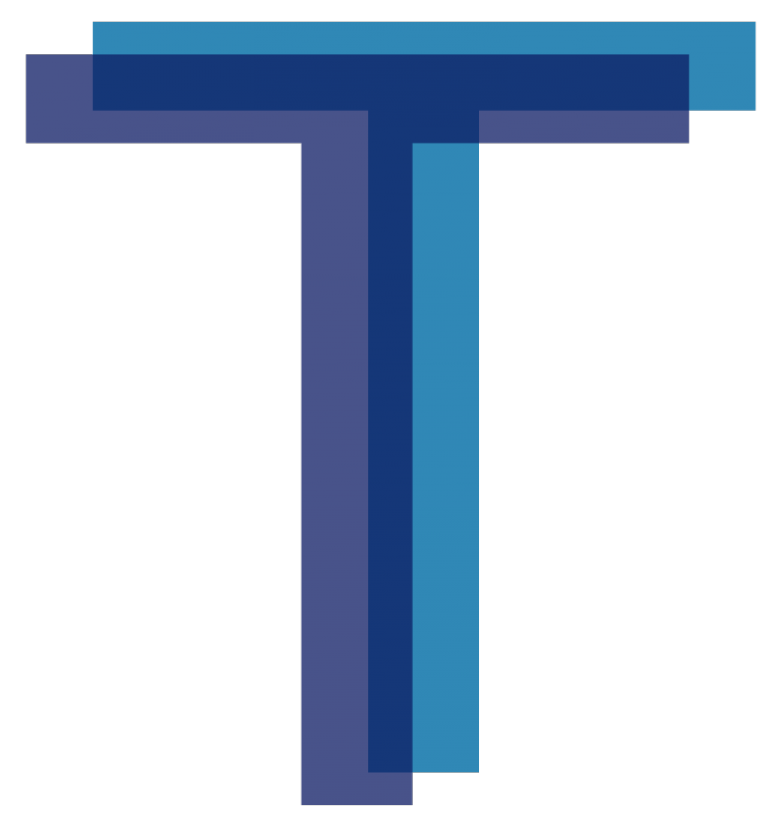Authors: Dieter Plehwe, Lilian Mauthofer, Carlotta Bonn, Moritz Neujeffski.
In the previous two blog posts, we analyzed how the GGTTI – the Global Go to Think Tank Index – has been picked up in traditional newspapers and online sources such as websites and social media outlets. We found that it is much more present in the online media than in newspapers. The main reason for this difference is that quite a number of think tanks rely on the ranking for publicity purposes on their own websites. Both in traditional newspapers and in online media the ranking appears mostly in a positive light, serves as a seal of quality and approval for ranked think tanks. Needless to say, that most think tanks that report on their position in the ranking belong to higher echelons of the ranking.
So far, we can say that the main impact of the ranking is in the realm of publicity generation for the think tank community in general and for think tanks ranked in top positions in particular. Although the GGTTIR cannot be considered a very popular ranking so far due to the limited number of mentions both offline and to a lesser extent online, it remains the only comprehensive source of overview information on think tanks around the world and across policy fields.
One more area in which the think tank ranking plays a role is the academic sphere. In this third blog post we want to examine the ways in which the GGTTIR appears in the academic literature. Is the GGTTIR cited often? Who cites the GGTTIR and in which academic genres and areas of study has it been of use?
In our attempt to provide first answers to the questions raised we used the Publish or Perish software program in order to retrieve and analyze academic citations. We conducted a search relying on google scholar for the search string “JG McGann” and selected the hits of Global Go To Think Tank Reports sorted by year of publication.[1] We thereby found a total number of 569 references to one of the eleven yearly reports published between 2008-2019. The majority of 382 entries are journal articles. The remainders are books and grey literature.
The following table present the references we found per year.
Unsurprisingly, the number of papers citing one of the GGTTIR Reports rises over time, but also seems to have reached a plateau. Numbers for 2019 are considerably lower than 2018, but were still incomplete at the cutoff date for our data harvest. Next, we took a look at the languages of the publications that cited the GGTTIR and found that most of the articles are written in English, which reflects the general academic trend of publishing in English. However, Chinese comes in second considerably exceeding papers in Spanish.
The distribution of papers along continents shows that papers originating in Europe lead in terms of GGTTIR citations followed by Asia and North America. Unlike South America, Africa and Oceania seem not to be the origin of research so far relying on the GGTTIR. The second place for papers from Asia seems to reflect the considerable interest in the the think tank theme in China and other emerging economies of the region.
Looking at individual countries in which we find papers drawing on the GGTTIR, the United States leads the list just ahead of China and the UK. Germany and Russia follow, trailing Canada, Brazil and Spain.
It is quite interesting to observe considerable attention to the ranking in China, Russia and Brazil apart from the usual suspects in North America and Europe. China in particular has apparently paid a lot of attention to think tanks and the global configuration of think tank landscapes. Apart from a likely donor and technocracy / expertise perspective in the “Lockean Heartland” of the global North, the interest in “Hobbesian Contender States” (compare van der Pijl 2005[1998], 65f.) of the East and South shows up in the presence of the BRIC countries minus India and South Africa. The absence of India is striking. The country is home to the headquarters of Global Development Network of Think Tanks and Experts. Like China, India has displayed a growing interest in think tank and expert community building and is closely integrated in the Anglo-Saxon academic universe already due to the prominenc of the English language in the former British colony, for example. With regard to research originating from India and published in the realm of the country’s academic sector, the GGTTIR appears to have a lot of room left to grow.
Conversely, the list of countries studied in the papers highlights U.S. and EU issues in addition to the attention to BRIC countries in general and China and Russia in particular. India does appear at the bottom of this list of countries, but South Africa is again missing in terms of works citing the GGTTIR.
Finally, what are the major topics addressed in the papers drawing on the GGTTIR? We attached a primary topic to each paper and added up four secondary topics (e.g. 1) think tanks, 2) China, 3) digitalization…). This allows us to present our results in two ways. The first presentation emphasizes the major topic of the paper (our first category). The second presentation allows us to provide a somewhat more fine grained picture of the issues studied by scholars who draw on the GGTTIR. A quick note on how we arrived at our categories. We first distributed a total of 49 categories to account for greater detail. In order to present our results in a more general way, we consolidated the categories in 13 topics also because many of the more fine grained topics were attributed to a very small number of papers only. The sorting according to 13 topics is based on an intuitive understanding of limits of consolidation. Of course, we could have grouped papers in five categories only, for example, but we wanted to provide a quick overview that is detailed enough to get an impression of major subject matters. But we would like to emphasize that this exercise could be done in quite a number of different ways depending on the perspective and area of interest of the person in charge. The most important caveat is that there is no claim to objectivity due to the ambiguity of both the content of papers and the decision making. Nevertheless, we do think the exercise is useful to generate a rough and broad overview of the subject matters and issue areas covered by the authors who cite the GGTTIR.
The first table reports on the main topics in the papers based on the first keyword or category we attributed to the paper only.
The top topic with almost 200 papers is think tank, which is not surprising given the selection bias reflected in criteria of the database, namely references to the GGTTIR. Below we will break up the think tank category according to all the key words attributed to the 190 papers falling into the key category “think tanks” to observe the diversity of issues studied in relation to think tanks.
In terms of the general ranking, foreign policy and governance are the second and third categories of papers drawing on the GGTTIR. Foreign policy think tanks arguably belong to the oldest and best known think tanks and the topic requires considerable international attention. It makes sense to find papers here that draw on the global ranking. Governance may be strong due to the relevance of globalization on the one hand and the role of networks on the other hand. Of course, public policy would rank higher if all the policy field related topics would be integrated into this category given the relevance of environment or economy, for example. Education including academia would also be still stronger if we had integrated social scienc and science. Still the major fields relevant to the think tank field: policy making, economy, science/eduation and media/communication (compare Medvetz 2012) all show up prominently in the top topic list. We found it a bit suprising that environment (including climate change) did not get greater coverage, but this may be due to the limited attention scholars and pundits in this policy area pay to the ranking in general. Notably, science is much less prevalent than social science.
The following table shows the top topics of the 190 papers devoted to think tanks. Interestingly, organization scholars appear to take a lead over area or country studies, which again are ahead of governance, foreign and public policy issue areas.
If we look at all the keywords attributed to the papers (see our list in the annex), development shows up as a strong topic with 60 papers. Security issues are covered 45 times. Climate change and neoliberalism enter the picture with 11 and 9 papers, respectively. Likewise, civil society has 9 hits and migration gets 7. Although this should not be considered too relevant, i appears as if the Index and Ranking exercise has not found a lot of attention in many of the policy areas it has tried to cover with specialized rankings over the past decade. Conversely, this would suggest opportunities to increase the relevance of the ranking if the concerns over the quality and reliability of the index can be adressed. To this topic and the overall make up and “character” of the GGTTIR we will devote our last blog post to be published in due course.
Annex: Keywords / categories used to describe the content of the papers citing the GGTTIR
Our general categories (primary topic / content one of which attributed to each paper)
Culture, Digitalization, Economy, Education, Environment, Foreign Policy, Governance, Health, Media, Public Policy, Science, Social Science, Think Tanks
Our additional categories (secondary / additional topic(s) attributed unevenly to papers according to individual assessment)
Academia, Architecture, Austerity, Brexit, Civil Society, Climate Change, Communication, Conflict Studies, Consumer, Defense, Development, Development Economics, Diaspora, Drugs, Energy, Finance, IT, International Relations, International Security, Knowledge Production, Law, Migration, Military, Multilateralism, Neoliberalism, Policy Analysis, Political Economy, Political Education, Resources, Security, Technology, Trade, University, Urban Studies.
- [1] We are very grateful to the librarian Katharina Röttig of the Win-Group of WZB for supplying us with the data.


